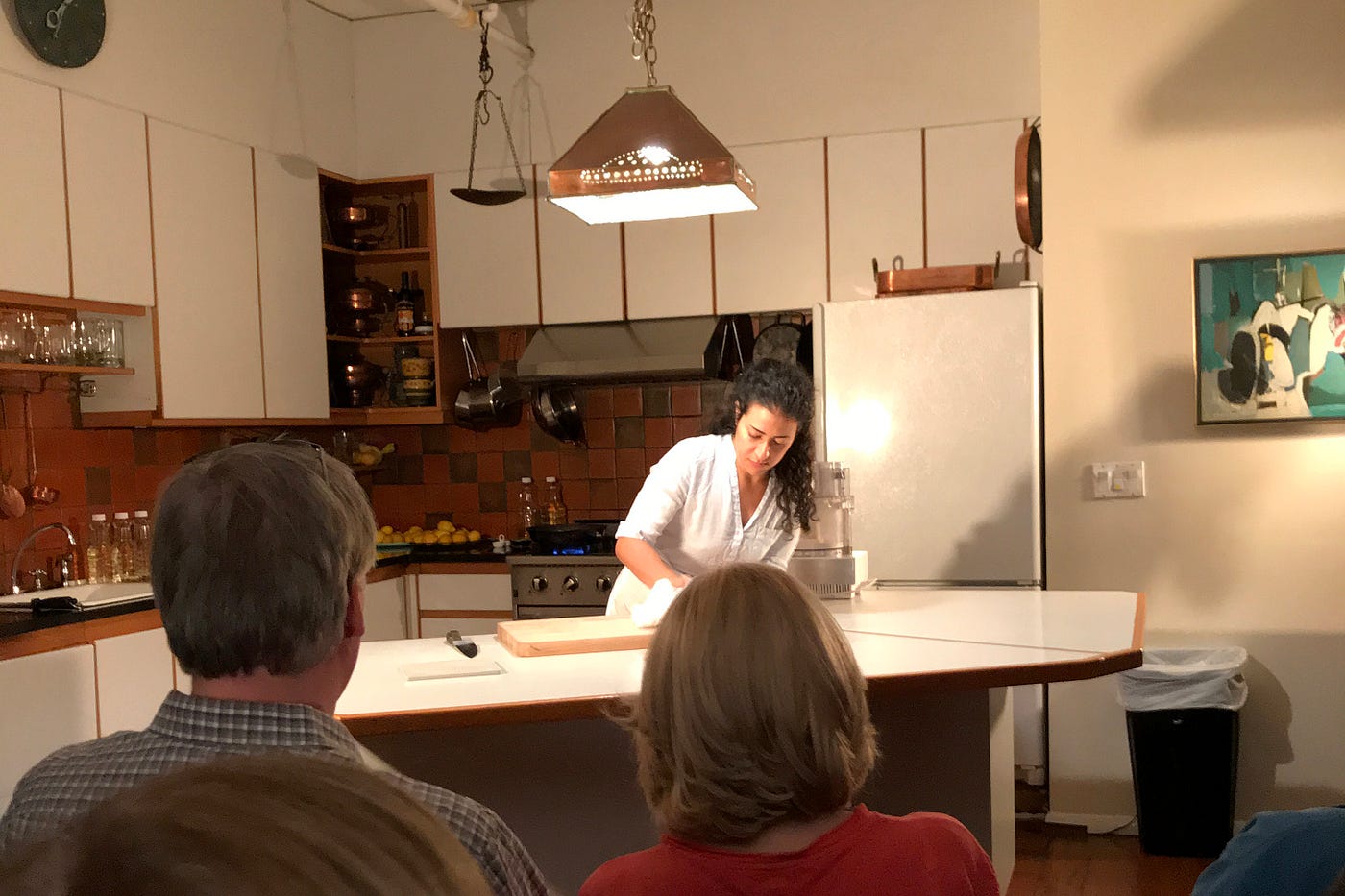
“They call it a civil war, but there is nothing civil about it. Nothing civil at all.”
We’re settled comfortably in a cozy Chelsea apartment, facing the kitchen. It is a fairly large apartment for New York City, big enough to fit our crowd of roughly two dozen. It’s filled with pottery and framed art and artifacts of travels to other continents. We are staring at a woman with dark eyes and a mass of unruly hair, as she tears open a package of raw meat from the fridge. She radiates gravitas.
This woman (Nadine Malouf): we never find out her name. She never tells us. But, still, she is cooking for us. But this kind of cooking is not an act of tenderness nor of love nor a welcoming embrace into her home, as cooking for a group of strangers in your home often is described.
This kind of cooking is more like… rage. It is suffering. It is pain. It is frustration. It is guilt. It is despair.
I smell blood in the air. And not just blood — I smell onions and cumin and anguish and sorrow and powerlessness.
Our unnamed woman is making kubah. She says it’s the only thing she can do these days. She makes it over and over and over because it’s her only solace: the only way to close the wounds in her heart. She fell in love with a Syrian refugee named Ashraf in Brooklyn. Then he disappeared one morning; despite her pleading to stay in New York City, he went back in.
So to find him, she left home as well. She traveled to Lebanon, Jordan, Syria, and back. As she tells us about her journey to find Ashraf, she makes kubah, stuffing small balls of kneaded dough with a fragrant mixture of pine nuts, meat, and spices, and then deep-frying the bundles. She tells us she makes kubah the way her Syrian grandmother used to make it.
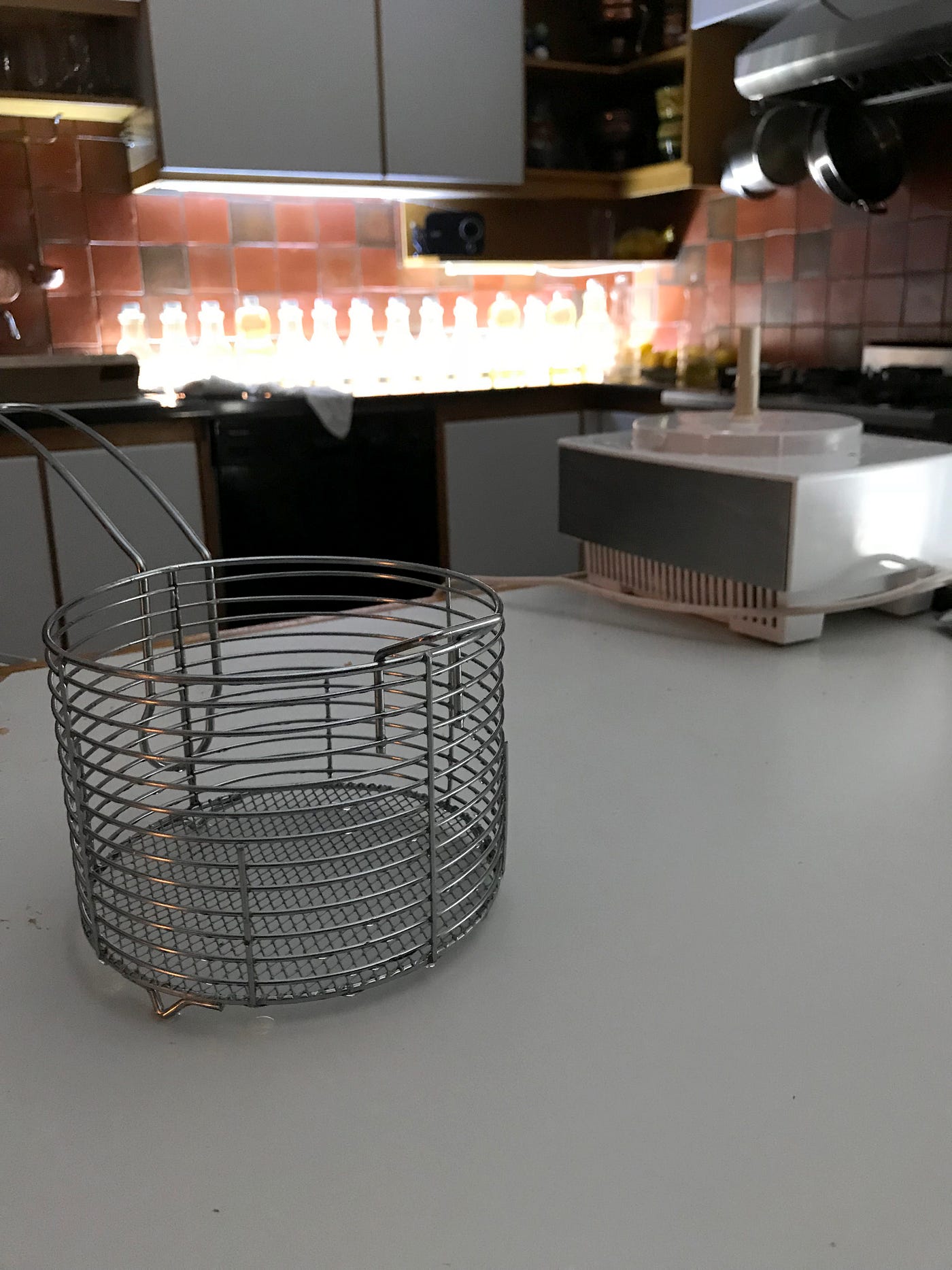
Except: there are chopped onions all over the floor. She’s burned something on the stove. There’s a very sharp knife that she gestures with, dramatically, to make a point. She is haphazardly chopping raw meat, tossing chunks here and there. There are ripped plastic bags of spices strewn about. She sends a shower of lemon zest flying carelessly over a bowl.
And I do not want to eat the kubah she is sloppily making, even though the room smells wonderful. But if I did, would she be at peace? If we ate the kubah, could we stop her pain? I am reminded of the sin-eaters of old, those despised individual who ate the bread which represented the sins of the recently departed, so the newly dead could leave this plane for the next one, earthly sins absolved by another for a few lousy pence.
My eyes water and burn. It is not from the onions.
If the stories told during Oh My Sweet Land sound true, it is because they are. Writer Amir Nizar Zuabi traveled through the Syrian refugee camps in Jordan, listening to tales of violence and desperation. But he also found grace, hope, and, most importantly, tales of human resilience.
Get Kathryn Yu’s stories in your inbox
Join Medium for free to get updates from this writer.
SubscribeSubscribe
The United Nations reports that as of August 2016, a record 65.3 million people have been displaced from their homes globally. To me, that number is astonishing. We have reached an all-time record high for the number of refugees and asylum-seekers across the globe. That’s a figure bigger than the populations of the United Kingdom, France, or Italy. It means one in every 113 people on the Earth has been forced from their jobs, their homes, and their ancestral lands.
It’s far too easy to ignore the data above, as we move about our comfortable lives in our comfortable homes, miles and miles away. Like many of us, I end up burying my head in the sand. So why don’t we care more? Why don’t politicians and world leaders try to do more? Why do we turn away? Why do we avert our eyes? This is what happens when we run face-first into the limits of human compassion. The mind begins to shut down when presented with the numbers associated with unimaginable atrocities; our brains literally cannot handle the scale of human trauma unfolding in front of us.
It’s a concept known as “psychic numbing.” As the number of victims increases, our willingness to help decreases. The effects of psychic numbing start to take effect even with small numbers of victims. Our capacity to care is higher in a scenario where a single person is affected versus a scenario where two people are affected. Merely with the addition of a second individual, we already start to become numb. And I don’t want to feel this way. No one with a conscience does. But it’s inevitable, if only for self-preservation.
Fighting the numbing sensation is like fighting gravity. And my empathy wells are already dry this year; perhaps yours are as well. We don’t know when our wells will be full again, or if they can ever be full again, not like they used to be. So our anger-meters have writhing needles which constantly thrash at maximum levels. The rage is always turned up to 11. We scream, shout, protest, gnash our teeth, write letters, and make calls, more phone calls than we can ever remember making.
All this, well, feels unsustainable: our collective constant moral outrage as people are in agony — drowning, starving, getting sick, shooting each other, overdosing, dying, even within the borders of these poor, divided United States. Everyone is hurting; everyone needs help; everyone shouts into the void.
But storytelling may be one of the few things that can pierce through the shield. This is the opposite of psychic numbing. It’s why human interest news pieces and GoFundMe campaigns work. It is known as the “singularity effect”: where the individual life is held at a high value. Won’t you help, please? Won’t you donate? A single life, a single person, a single story, and a single need. Maybe the only way to get through it all is to become a reformed sin-eater, absorbing the experiences of others. Because to share these personal stories is to burst open the bubble of this horrific modern life. And even if we can only do something small to help, it is still a net positive in the universe. That has to count for something, I think.
So I’m not sure which individual tale strikes me the most in Oh My Sweet Land. Perhaps it’s the lawyer who keeps detailed records of where the fighting is each day, in which town, in which region, who is fighting who, reams upon reams of paper filling his office until he is drowning in records. He’s the one who says, “They call it a civil war, but there is nothing civil about it. Nothing civil at all.” Maybe it’s the man keeping a gift of electric fans safe, despite lack of electricity, simply because they were from the American refugee council and one day someone will want them. Or is it the woman whose husband was stabbed in the stomach and throat but miraculously lived, only to be killed a second time in a hospital, when his breathing tubes were cut by armed men? Or maybe it is the high school soccer teacher who describes his life as a sparrow he keeps in his hands and is happy to let fly at any moment, as he runs supplies back and forth to the freedom fighters.
But, no, this I know, in this I am sure: it is the little girl, who runs up to our protagonist, to tell her how the bombs landed on her and there were worms in her wounds but she survived, she survived and the worms are gone now and she is well, she is well, she is well. But the bombs keep falling and falling.
My vision blurs and my cheeks are wet. Before I know it, the lights go out. The performance is over.
We leave the mess in the kitchen. No one touches the finished kubah.
And as I leave, I am handed a complimentary baklava on the way out; the crisp outer shell crunches pleasantly in the night. Underneath, I still taste something wrong, something off, traces of salt and bile on my lips.
But it’s better than feeling numb.
Oh My Sweet Land has completed its New York City run, but a sister production will return to the San Francisco Bay Area February-March 2018. Sign up for more information on the Golden Thread Productions site or to volunteer as a host.
No Proscenium is a labor of love made possible by our generous Patreon backers: join them today!
In addition to the No Proscenium web site, our podcast, and our newsletters, you can find NoPro on Twitter, Facebook, YouTube, Instagram, and in our online community EverythingImmersive.com.


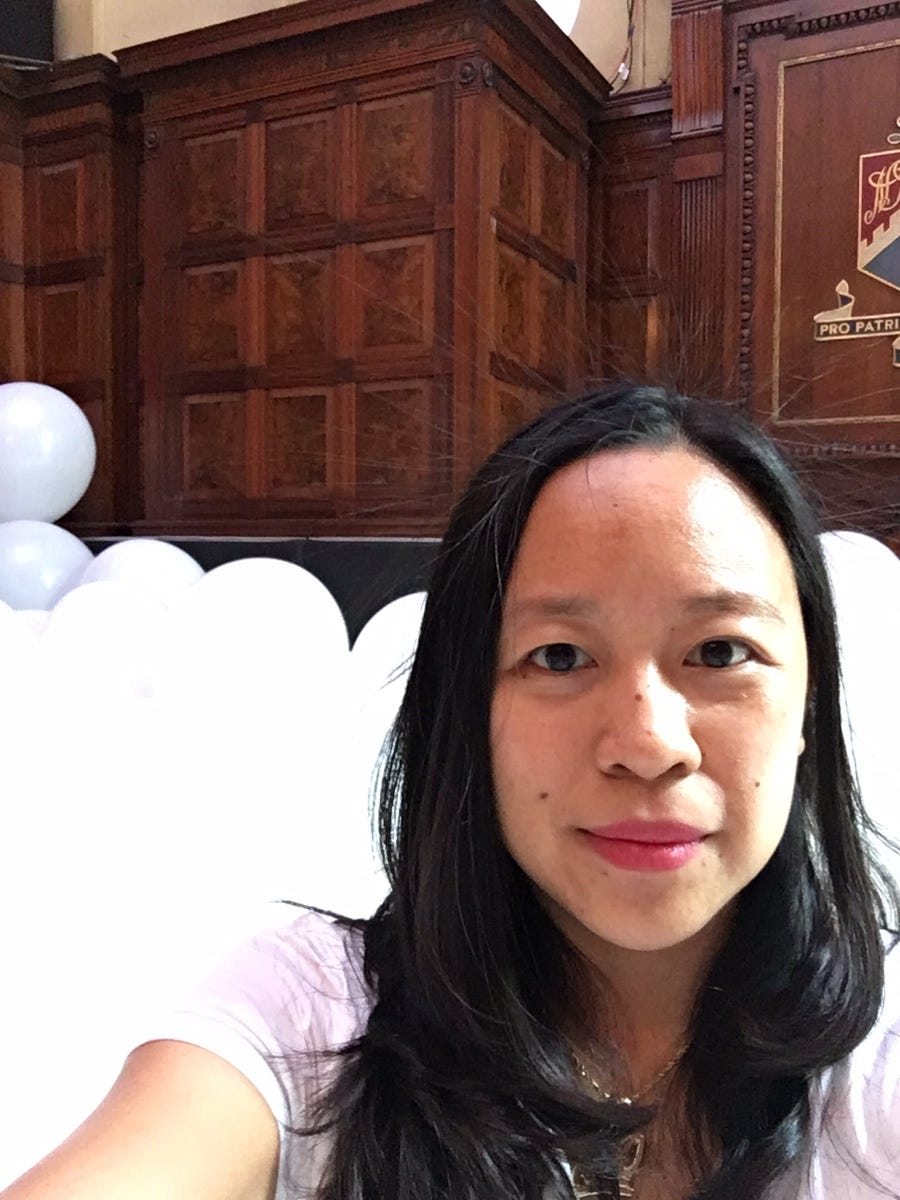
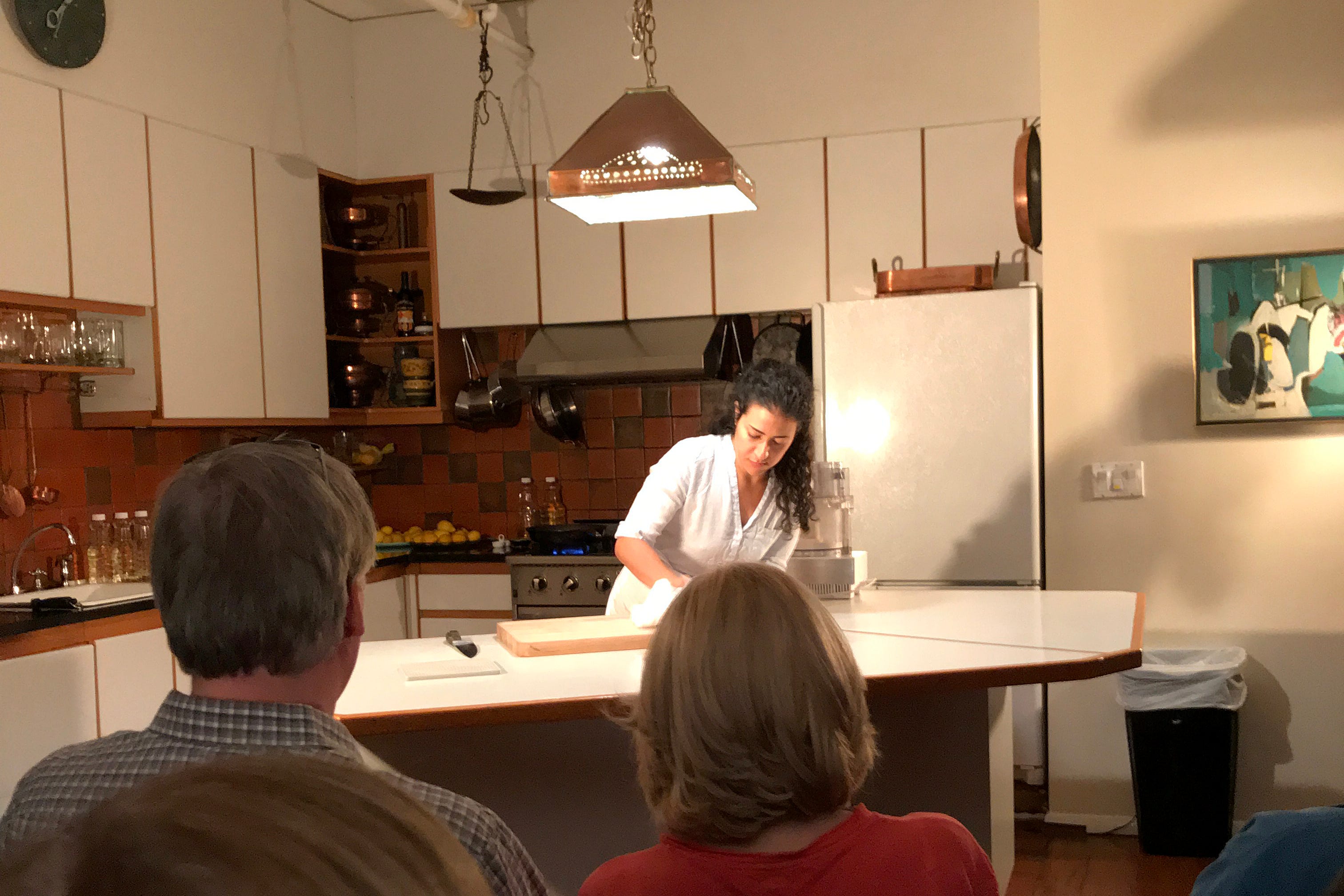
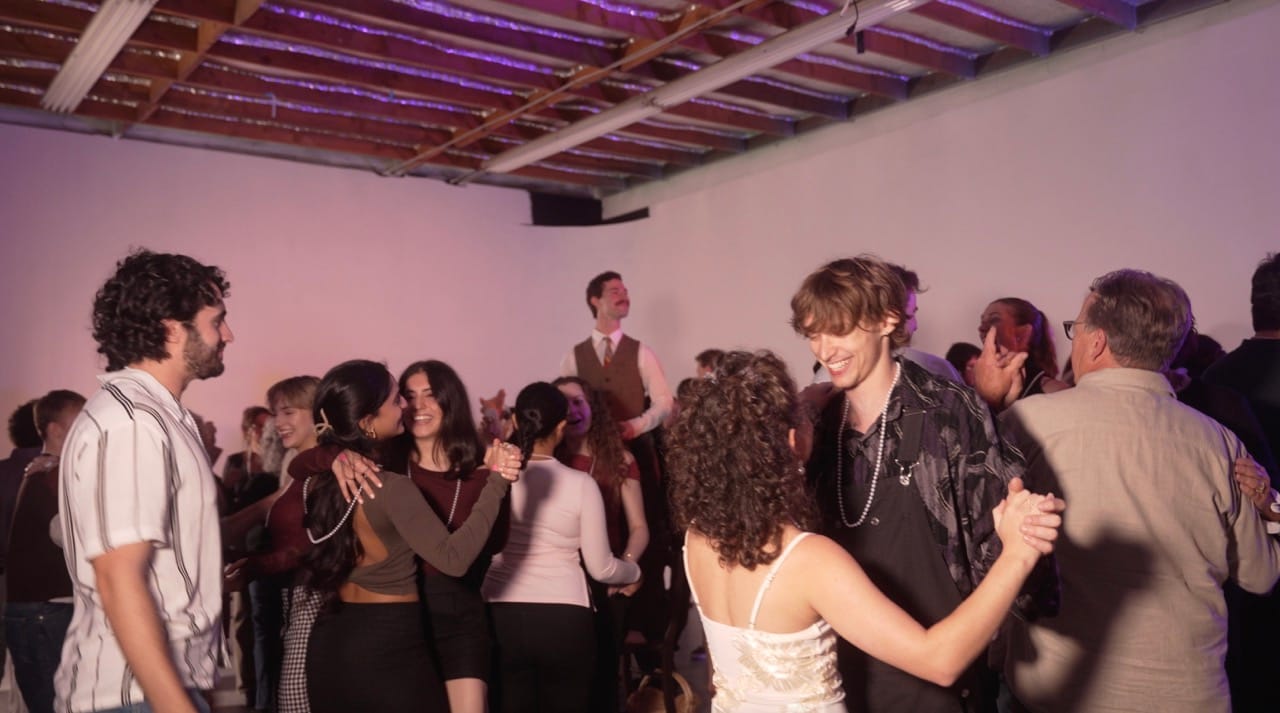

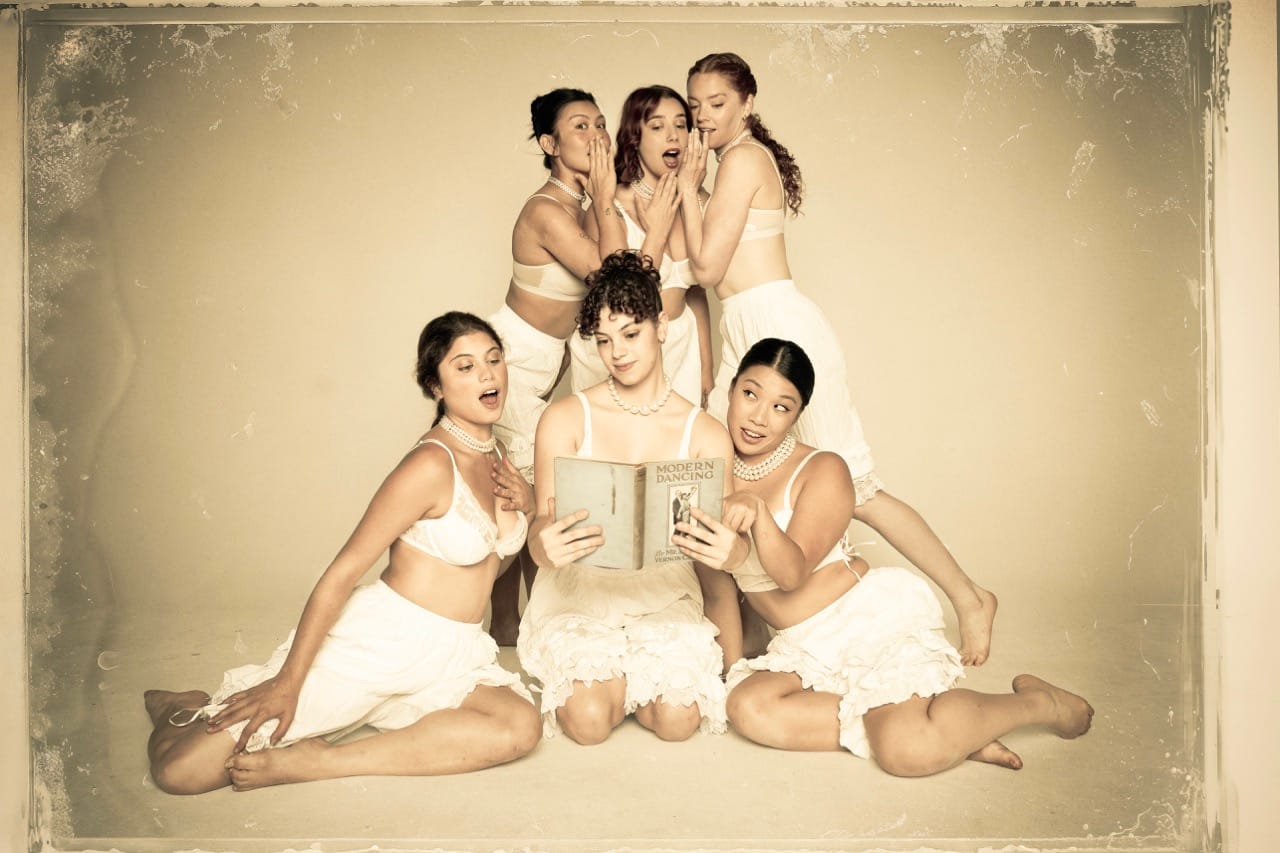

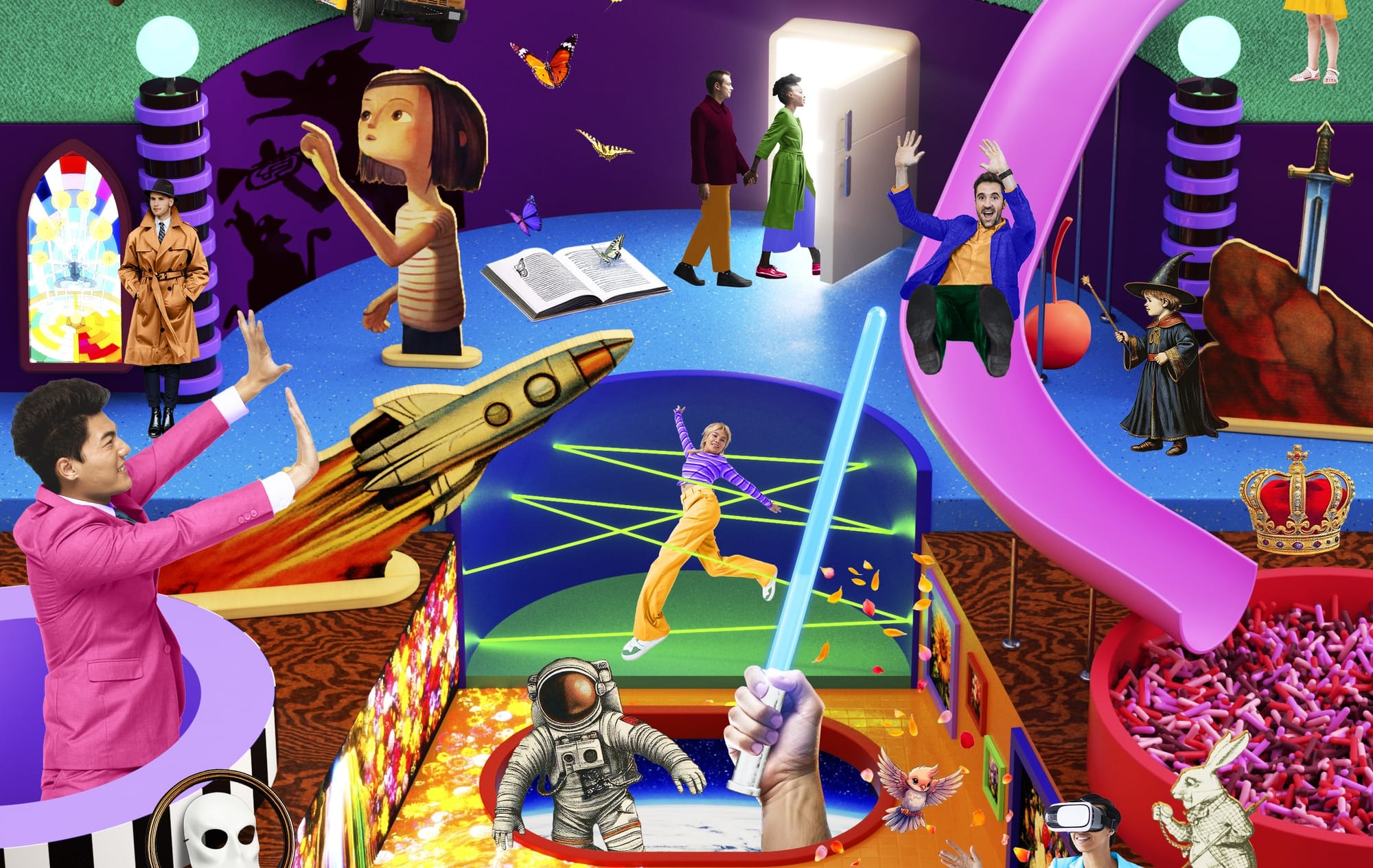
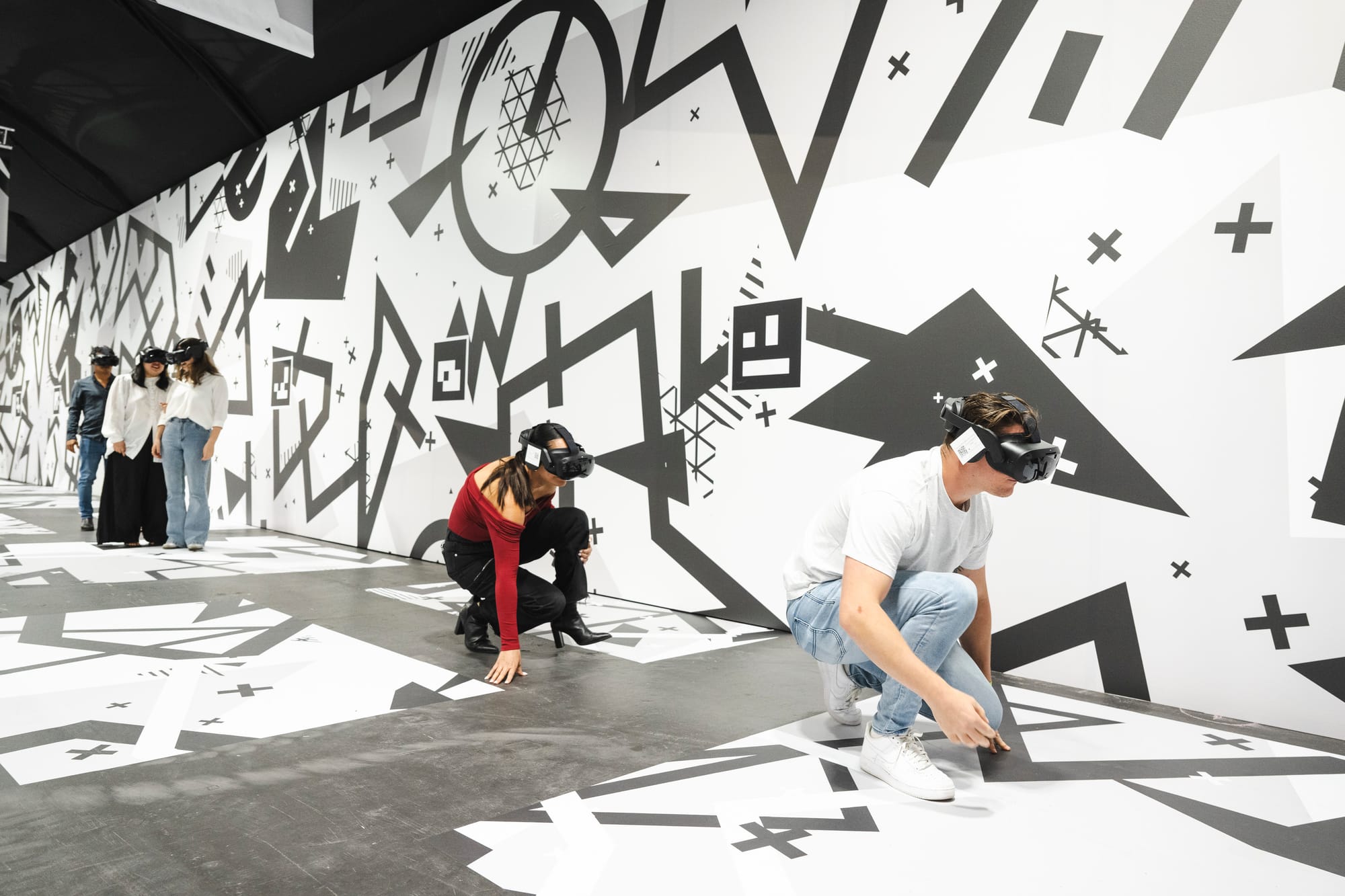
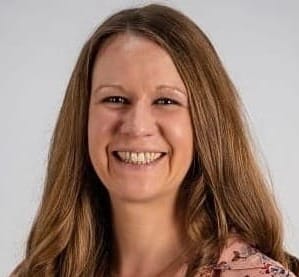
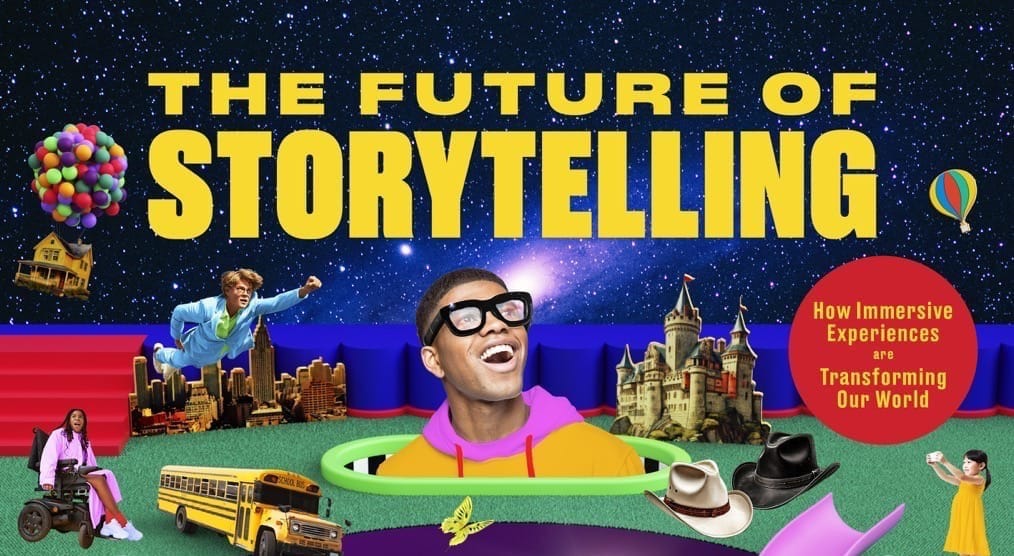

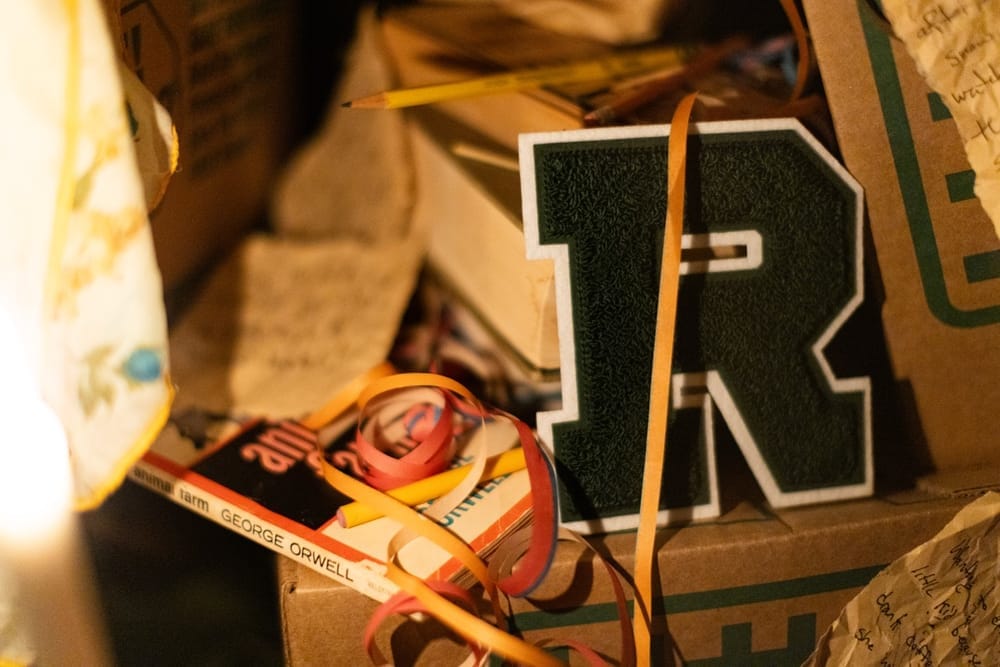

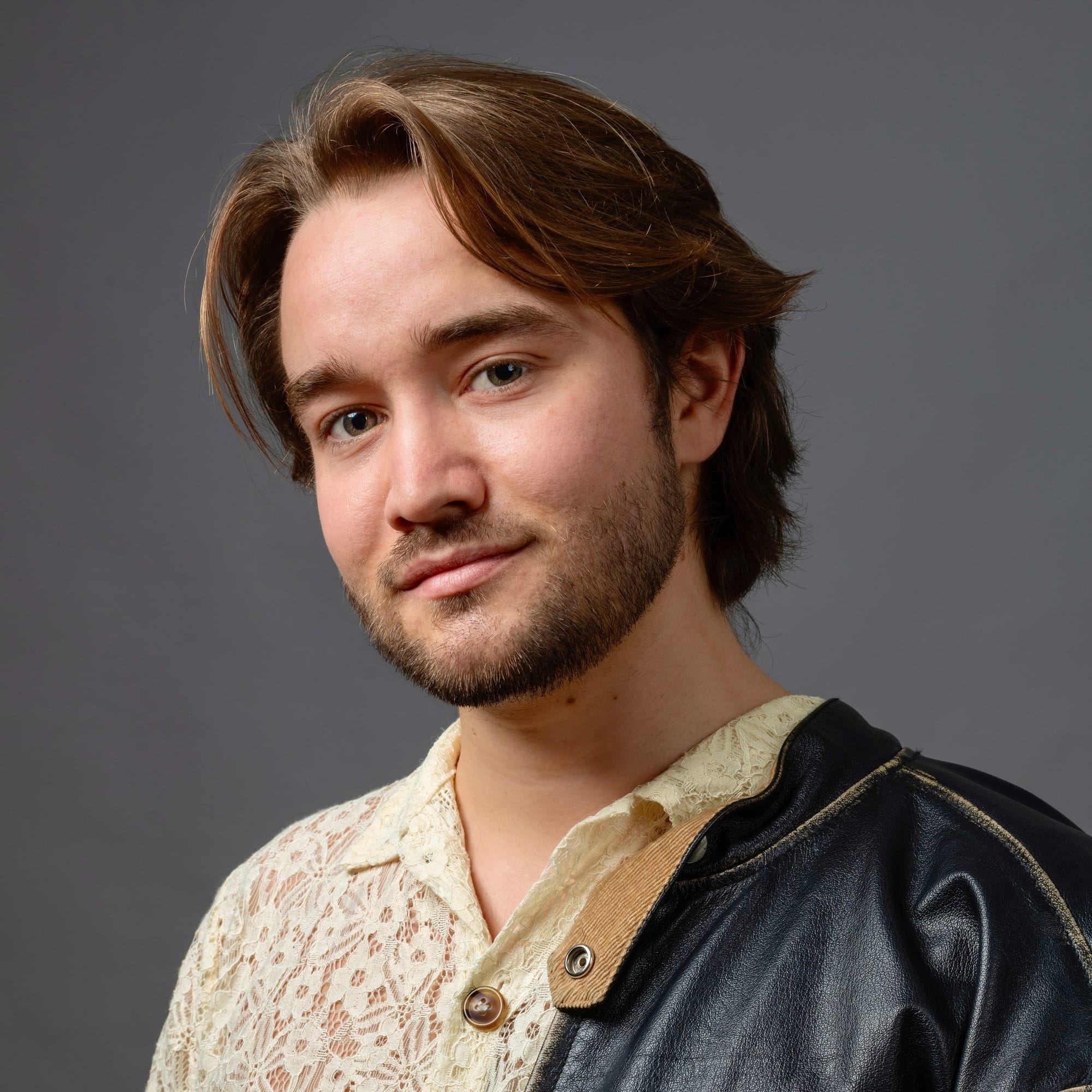
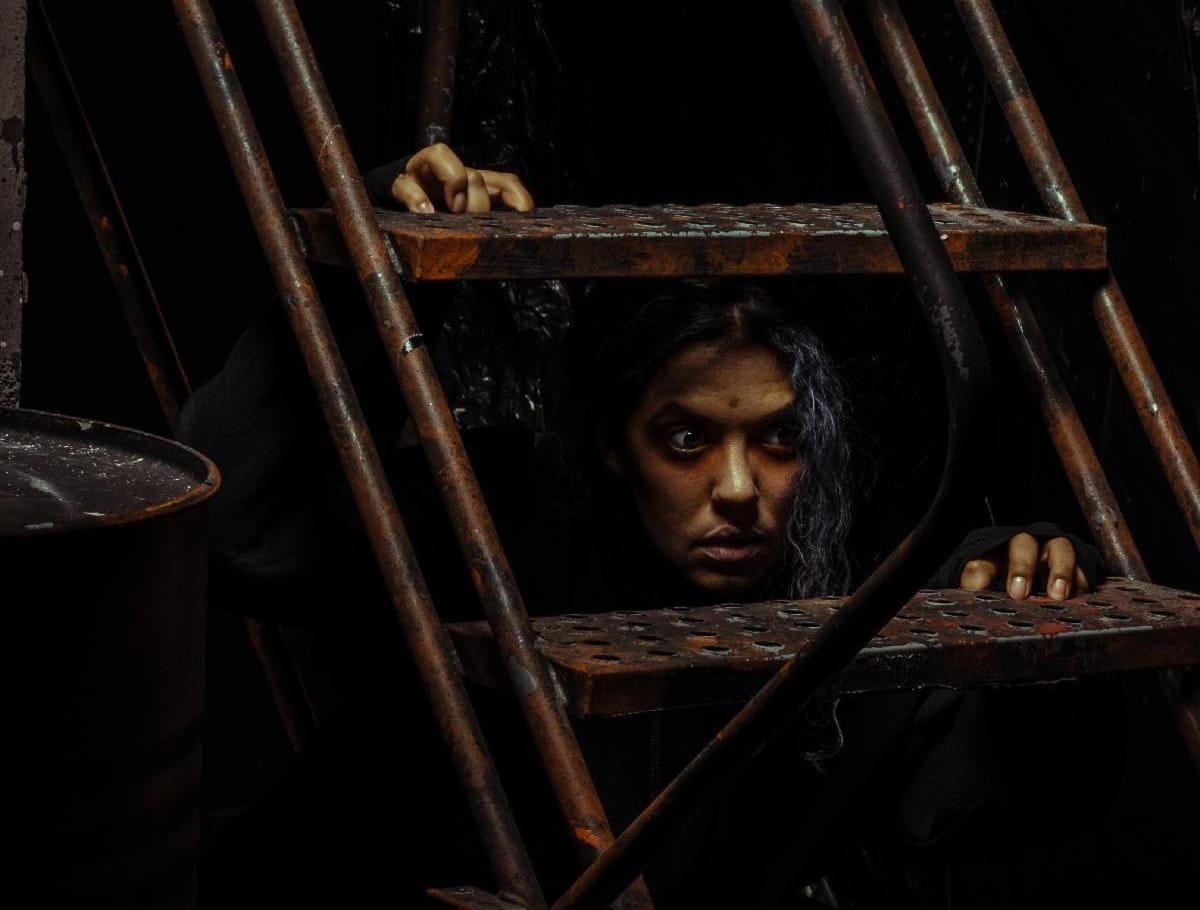

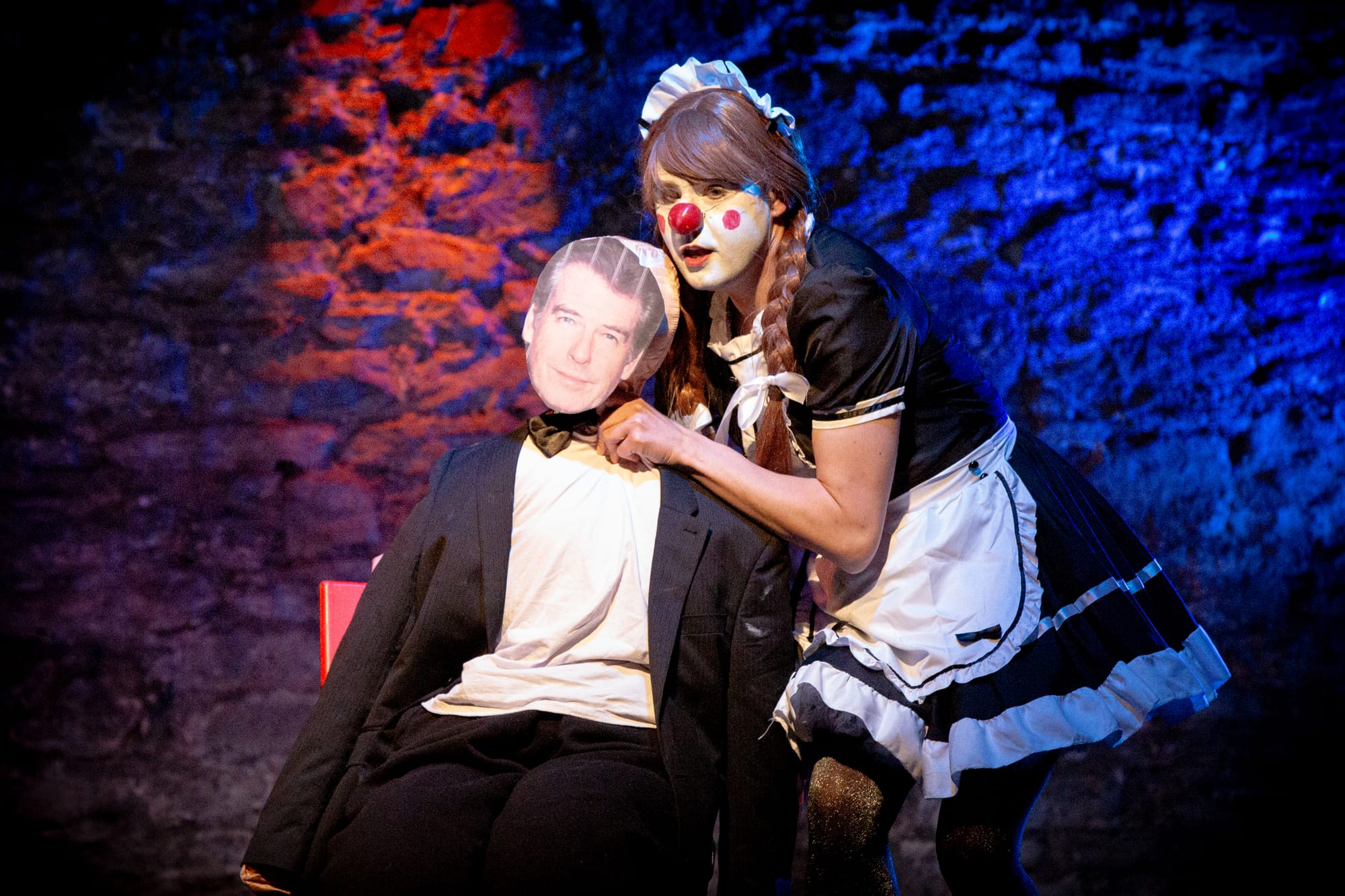
Discussion